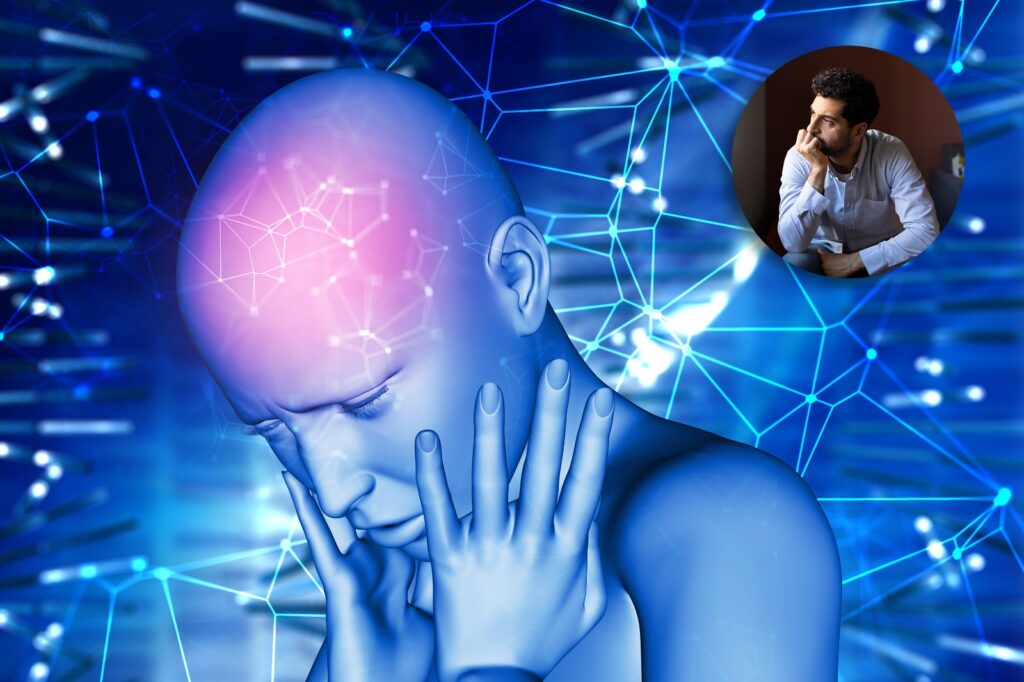
A new study has uncovered shared abnormalities in brain structure and function among individuals suffering from insomnia, anxiety, and depression.
The findings, published in the journal ‘Nature Mental Health’, offer more profound insight into how these mental health conditions may stem from overlapping neurological patterns.
Researchers analysed MRI brain scans from over 40,000 participants in the UK Biobank. They discovered that those with insomnia symptoms showed structural and connectivity issues in brain regions involved in emotion regulation and cognitive control, notably the hippocampus, amygdala, and prefrontal cortex. Individuals reporting anxiety and depression also showed alterations in these same areas.
Also Read | Study links high-fat, high-sugar diets to poor brain function
“The severity of insomnia appears to be more closely related to smaller volumes in the brain areas associated with reward. Depression, on the other hand, seems to be more strongly related to a thinner cerebral cortex in brain areas associated with language and emotion. Anxiety is more severe due to a weaker reactivity of the amygdala and connectivity between brain regions where dopamine, glutamate, and histamine – all brain chemicals – play a crucial role in communication,” the researcher said.
However, while the affected brain regions are distinct areas, they “appear to represent different pieces of vulnerability within the same puzzle,” according to author Elleke Tissink from the Vrije Universiteit Amsterdam. “The regions seem separate from each other, but when you map them out together, they all turn out to be part of the same circuit — the ‘amygdala-hippocampus-medial prefrontal cortex’ circuit,” Tissink said.
The research could help develop new treatments, as currently available ones are only moderately effective and many people experience a return of symptoms, the researchers said.








